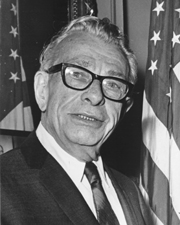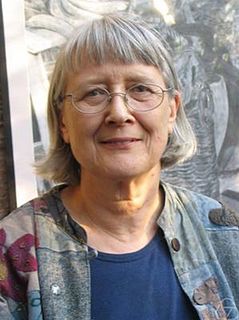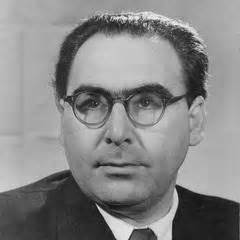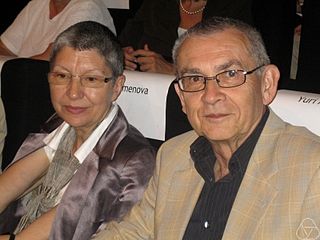A Quote by Zia Haider Rahman
The mathematical tilt remains basic to my epistemological perspective, my howling plea in the still of night for epistemic humility. Mathematics gave me that as, also, did the difficulty I had in talking to my parents. How proofs are conceived is unfathomable. Clearly, there are certain conditions in which the revelation takes place.
Related Quotes
Mathematics is a logical method. . . . Mathematical propositions express no thoughts. In life it is never a mathematical proposition which we need, but we use mathematical propositions only in order to infer from propositions which do not belong to mathematics to others which equally do not belong to mathematics.
There was an age in which it was clear to me that my parents weren't perfect, but then there was an age at which I had empathy for that. And that was through therapy, probably. You have to rebuild and you also have to grow in your understanding of whatever it is your parents are facing, and that takes a major, profound shift of perspective from being a child.
I have a name for people who went to the extreme efficient market theory-which is "bonkers". It was an intellectually consistent theory that enabled them to do pretty mathematics. So I understand its seductiveness to people with large mathematical gifts. It just had a difficulty in that the fundamental assumption did not tie properly to reality.
It was only my second night in Africa, yet something had begun to grow inside me which I could not stop, as if my childhood dreams had finally found the place where they could materialize. I had arrived where I was always meant to be. I did not know how it could be practically achieved, but I was certain beyond any shadow of a doubt that it was here that I wanted to live.
Mystery is an inescapable ingredient of mathematics. Mathematics is full of unanswered questions, which far outnumber known theorems and results. It's the nature of mathematics to pose more problems than it can solve. Indeed, mathematics itself may be built on small islands of truth comprising the pieces of mathematics that can be validated by relatively short proofs. All else is speculation.
Gel'fand amazed me by talking of mathematics as though it were poetry. He once said about a long paper bristling with formulas that it contained the vague beginnings of an idea which could only hint at and which he had never managed to bring out more clearly. I had always thought of mathematics as being much more straightforward: a formula is a formula, and an algebra is an algebra, but Gel'fand found hedgehogs lurking in the rows of his spectral sequences!
Confusion conditions activity, which conditions consciousness, which conditions embodied personality, which conditions sensory experiences, which conditions impact, which conditions mood, which conditions craving, which conditions clinging, which conditions becoming, which conditions birth, which conditions aging and death.
Here is a quilted book about mathematical practice, each patch wonderfully prepared. Part invitation to number theory, part autobiography, part sociology of mathematical training, Mathematics without Apologies brings us into contemporary mathematics as a living, active inquiry by real people. Anyone wanting a varied, cultured, and penetrating view of today's mathematics could find no better place to engage.
Although mathematical notation undoubtedly possesses parsing rules, they are rather loose, sometimes contradictory, and seldom clearly stated. [...] The proliferation of programming languages shows no more uniformity than mathematics. Nevertheless, programming languages do bring a different perspective. [...] Because of their application to a broad range of topics, their strict grammar, and their strict interpretation, programming languages can provide new insights into mathematical notation.
Can the difficulty of an exam be measured by how many bits of information a student would need to pass it? This may not be so absurd in the encyclopedic subjects but in mathematics it doesn't make any sense since things follow from each other and, in principle, whoever knows the bases knows everything. All of the results of a mathematical theorem are in the axioms of mathematics in embryonic form, aren't they?
Of the properties of mathematics, as a language, the most peculiar one is that by playing formal games with an input mathematical text, one can get an output text which seemingly carries new knowledge. The basic examples are furnished by scientific or technological calculations: general laws plus initial conditions produce predictions, often only after time-consuming and computer-aided work. One can say that the input contains an implicit knowledge which is thereby made explicit.
One cannot inquire into the foundations and nature of mathematics without delving into the question of the operations by which the mathematical activity of the mind is conducted. If one failed to take that into account, then one would be left studying only the language in which mathematics is represented rather than the essence of mathematics.







































